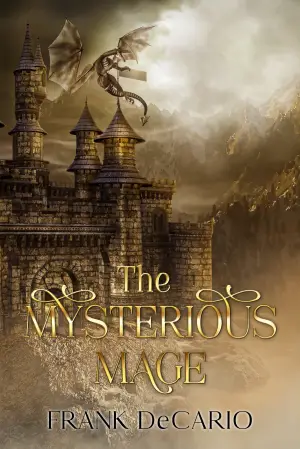The Forgotten 500: A Gripping Tale of Valor and Sacrifice
From the moment I stumbled upon The Forgotten 500: The Untold Story of the Men Who Risked All for the Greatest Rescue Mission of World War II by Gregory A. Freeman, I was drawn in by the promise of heroism buried in the shadows of history. As someone who finds a deep connection in stories of loyalty and courage, this book reminded me just how much real-life events can eclipse even the most riveting of novels. In a world brimming with accounts of wartime valor, this tale stands out not just for its gripping narrative but for the moral complexities that shaped its events.
Freeman’s account unfolds the astonishing Operation Halyard of 1944, when more than 500 American airmen were stranded behind enemy lines in Nazi-occupied Yugoslavia. These airmen were not merely numbers; they became entwined with the struggles of local Serbian villagers who risked their lives to hide and protect these men. They exemplified true heroism, often under dire threats from the occupying regime. The threads intertwining the stories of airmen and villagers create a rich tapestry of human connection amidst the chaos of war.
One of the standout aspects of Freeman’s writing is his keen ability to develop complex characters. The airmen’s struggles are mirrored by those of General Draza Mihailovich, whom historians often overlook despite his desperate fight against the Nazis and a multitude of political betrayals. This dimension adds a layer of emotional depth that resonates throughout the book. It’s not just about an escape; it’s a testament to the intertwined fates of those caught in the unforgiving machinery of war.
While some readers have found the pacing occasionally uneven, I appreciated how it allowed for a more profound connection with the characters. Freeman’s prose flows with an engaging narrative style, evoking a sense of immediacy that often drew me into the dire situations faced by both the airmen and their rescuers. The tension he builds — a precarious landing strip constructed in secrecy and under the shadow of death — keeps the adrenaline pulsing through each page.
A particularly memorable moment comes alive when Freeman highlights the altruism of the local villagers, often fueled by the mere hope of freedom from oppression. This point resonates with James Bradley’s quote, calling it “an amazing, riveting tale of unsung heroes who went above and beyond.” How easily we can overlook those who perform quiet acts of bravery in the unseen corners of history. This book serves as a reminder that history comprises not only the renowned but also the voices of the uncelebrated.
The Forgotten 500 is a book that will speak volumes to history buffs, military enthusiasts, and anyone keen on stories that highlight the indomitable human spirit. And for readers like me, who cherish tales of camaraderie and sacrifice, it reminds us that lessons of loyalty and betrayal are timeless.
In conclusion, Gregory A. Freeman’s meticulous research and evocative storytelling invite us to remember and honor those who risked everything — not for glory, but simply out of humanity. If you’re looking for a read that intertwines adventure with poignant reflections on friendship and sacrifice, look no further than this powerful work. It left me contemplating the echoes of history and the myriad unsung heroes whose stories deserve to be told.
















